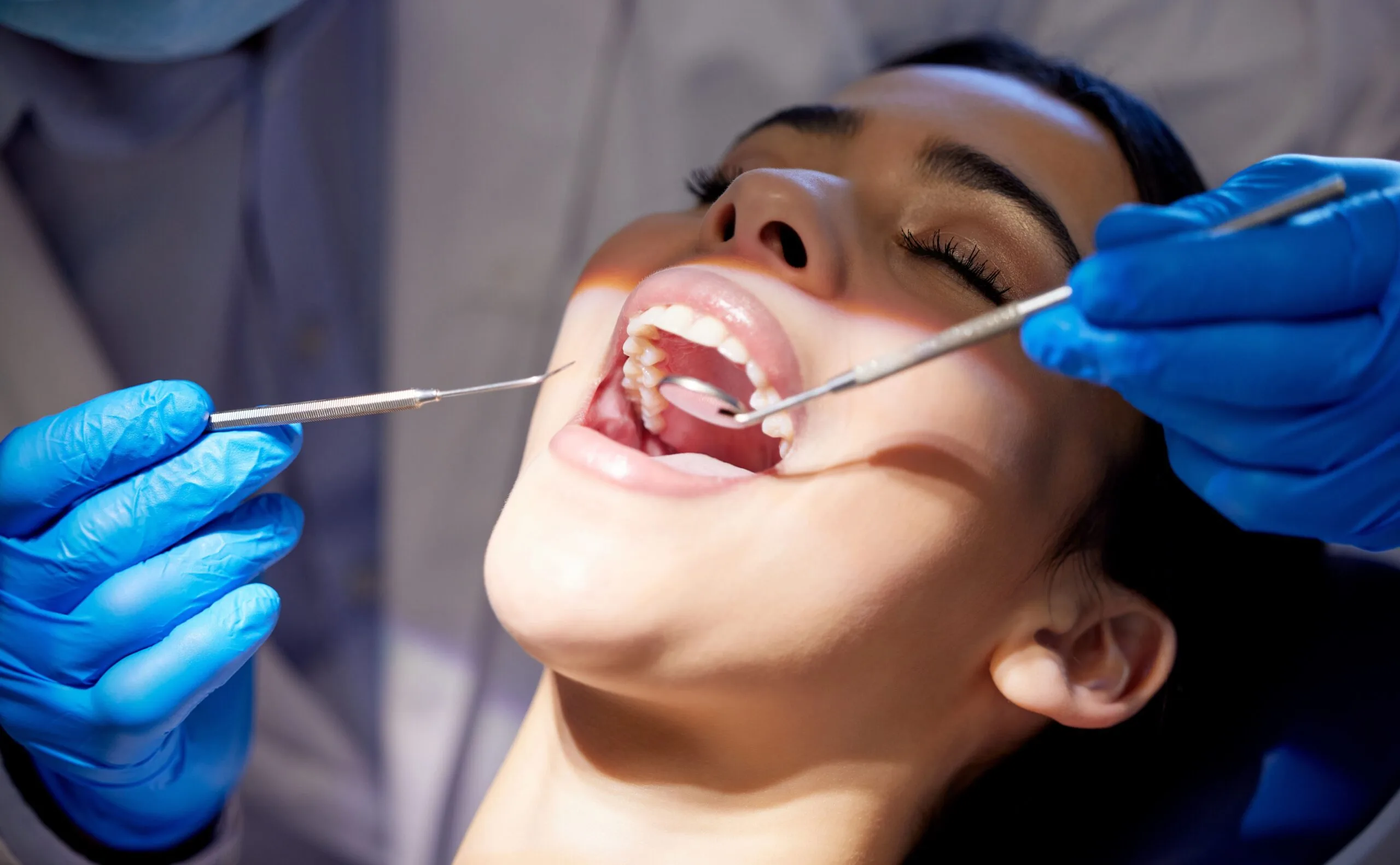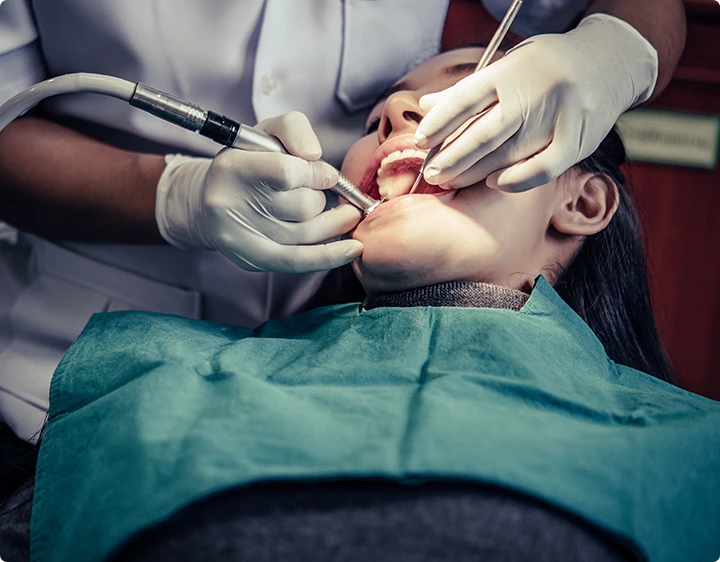How Often Do I Need a Professional Teeth Cleaning?
Regular dental check-ups and professional teeth cleanings are crucial for maintaining good oral health, yet many people remain uncertain about how frequently they should schedule these appointments. While the standard recommendation is a cleaning every six months, the ideal frequency varies based on individual factors like oral hygiene habits, existing dental conditions, and overall health status. Understanding your personal needs can help you establish the optimal cleaning schedule to prevent cavities, gum disease, and more serious health complications that may arise from neglected care.

How Often Should You Get Your Teeth Cleaned by a Professional?

Oral Hygiene Habits and At-Home Care
Your daily oral care routine significantly impacts how often you need professional cleanings. Individuals who brush twice daily, floss regularly, and use appropriate dental products typically experience less plaque buildup and tooth decay. Consistent and thorough at-home practices create an environment that supports optimal oral health, potentially allowing for less frequent professional interventions. Conversely, those with inconsistent habits may require more cleanings to compensate for inadequate daily care.
History of Gum Disease or Other Problems
Previous dental health issues, especially periodontal disease, necessitate more vigilant professional care. Once people have experienced oral problems, they become more susceptible to the recurrence of symptoms, and their dental tissues may require more frequent monitoring and cleaning. Dentists often recommend quarterly visits for patients with a history of periodontal issues to prevent further damage to the gum tissue and support bone structures. Regular assessment helps catch early warning signs before they progress to more serious problems.
Medical Conditions That Affect Oral Health
Systemic health conditions may influence oral health in many ways. Diabetes can impair the body’s ability to fight infections, making people more vulnerable to gum disease and requiring frequent cleanings. Patients with heart disease often need closer dental monitoring due to the established connection between oral bacteria and cardiovascular complications. Additionally, individuals with autoimmune disorders or those taking medications that cause dry mouth may benefit from more frequent professional interventions to maintain oral balance.
Lifestyle Factors
Your daily choices significantly impact cleaning frequency requirements. For example, smoking stains teeth and restricts blood flow to gum tissues, impairing healing and increasing infection risk, often necessitating more cleanings. Similarly, diets high in sugar and processed carbohydrates create an ideal environment for harmful bacteria to thrive, accelerating plaque formation. Alcohol consumption and certain medications can also contribute to dry mouth, further increasing risk factors that might require additional care.
Age Considerations
Age-related factors naturally influence professional cleaning schedules throughout life. Children and teenagers with developing oral hygiene habits and potentially orthodontic appliances may benefit from more frequent interventions. Adults typically follow the standard twice-yearly schedule unless other factors indicate otherwise. Seniors often need more frequent visits as age-related changes like receding gums, medication effects, and decreased dexterity for self-care can create new vulnerabilities to dental problems, requiring closer professional monitoring.
Factors That Affect the Frequency of Professional Dental Cleanings
When You Might Need More Frequent Cleanings
Signs of Gum Disease
Red, swollen, or bleeding gums are early warning signs that you may need more frequent professional cleanings. These symptoms indicate gingivitis, the initial stage of gum disease, which can progress to more serious periodontal issues if not addressed promptly. Dr. Sanku may recommend cleanings every 3-4 months to control inflammation, remove bacteria-harboring plaque below the gum line, and monitor your condition until oral health stabilizes.
Heavy Tartar or Plaque Buildup
After Certain Dental Procedures
Exceptional Circumstances
When Annual Cleanings May Be Sufficient
Excellent Oral Hygiene History
Individuals who consistently maintain proper oral hygiene through meticulous brushing, flossing, and appropriate use of mouth rinses may safely shift to annual cleanings with their dentist’s approval. You might be a candidate for less frequent professional care if your check-ups consistently show minimal issues and healthy pink gums without bleeding. However, this reduced schedule should only be followed under professional guidance after establishing a proven track record of exceptional home care.
Minimal Plaque Formation
Some people naturally develop less plaque due to saliva composition, diet choices, and genetic factors. If your dental hygienist consistently comments on minimal tartar buildup during cleanings, and you rarely need extensive scaling, you might be able to maintain oral health with annual professional intervention. Individuals with low plaque formation still benefit from professional assessment but may not require the standard six-month removal of deposits.
No Underlying Health Conditions
Patients without diabetes, heart disease, autoimmune disorders, or other conditions that impact oral health might be better candidates for extended cleaning intervals. The absence of medications that cause dry mouth or other oral side effects is also a factor in this consideration. When your overall health profile does not present additional risk factors for dental problems, the standard preventive schedule might be adjusted based on your demonstrated oral health stability.
Regular Fluoride Treatment
Following the American Dental Association’s recommendations for appropriate fluoride exposure can strengthen enamel and reduce the risk of decay between professional visits. Those who use fluoridated toothpaste, drink fluoridated water, and maintain good dental hygiene practices may develop fewer cavities and require less frequent intervention. Some dentists might consider annual cleanings sufficient when combined with periodic at-home fluoride treatments for patients who consistently demonstrate excellent oral health and minimal restorative needs.
Schedule Professional Cleanings at One Family Dental
At One Family Dental, we customize your treatment schedule based on your unique oral health needs. Our experienced dental hygienists provide regular teeth cleanings and assess whether patients need the standard twice-yearly appointments or would benefit from more frequent visits. Do not wait until problems develop — contact our office today to schedule your professional care and take a proactive approach to your dental health.
